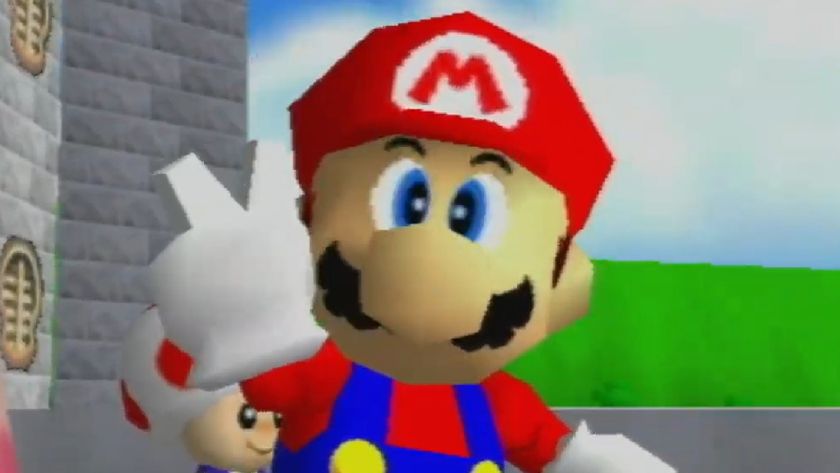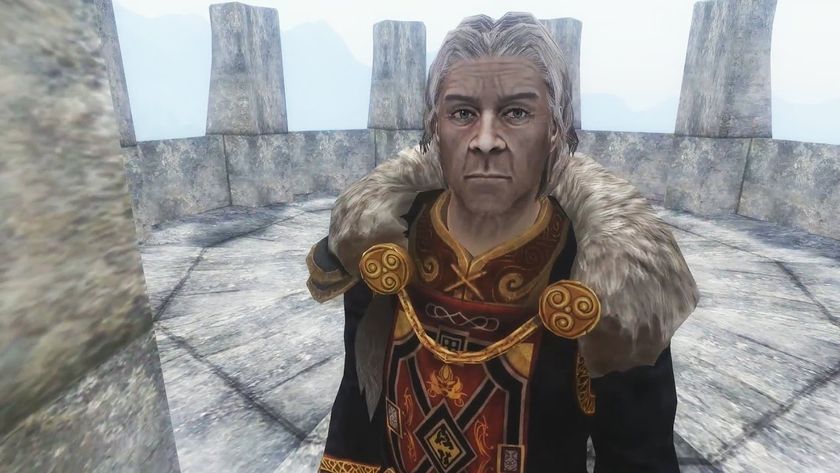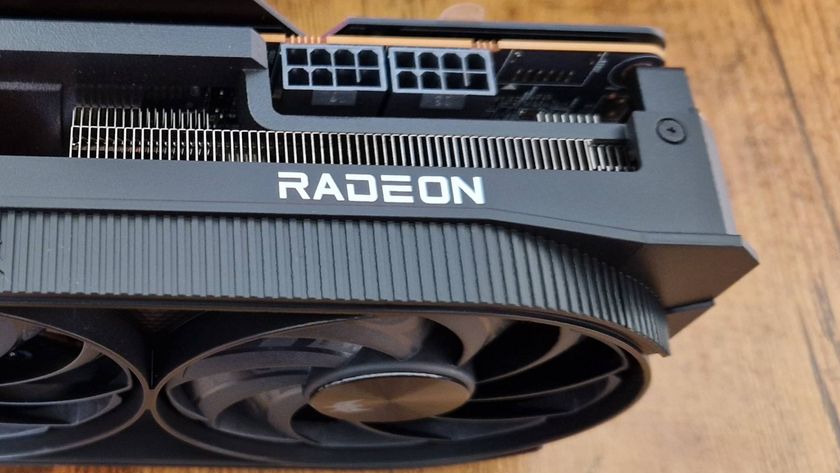Sorry next-gen, digital game prices are still too high (updated)
The digital future is here. Apparently. Xbox One launched last week, and Microsoft has unveiled the digital download pricing of its launch games. They are, once again, ludicrous. £54.99 / $59.99 for Battlefield 4, £49.99 / $54.99 for Zoo Tycoon, £44.99 / $49.99 for Ryse… Don’t think I’m picking on Microsoft either--Sony's digital PS4 titles are similarly expensive. £53 for Knack? £63 for NBA Live 14. It’s hugely disappointing. The dawn of the next-generation was the time to revolutionise the way we buy games.

Given the noise that both Sony and Microsoft have made about a digital future; about how you can play games while they’re still downloading; and about how PSN and Xbox Live are the shop windows of the modern age, the fact that neither are offering any real incentive to buy digitally is laughable. It’s not a new issue--most have been complaining about the prices of digital versions for years--but these high-prices point even more clearly towards short-sighted avarice in this brave, new console generation.
For those who haven’t considered it before, here’s the problem. While games cost plenty to make, it’s the hidden costs of creating and distributing a physical product that require shops to standardise the price. Remove the cost of the actual Blu-ray disc, the plastic box, the cost of shipping said disc in said box, the mark-up added by the shop that sells the game, and… you save a stack of cash. It’s tough to quantify exactly how large the saving is, but a quick look at the cost of PC versions of multiformat games on Steam gives you a rough idea. It’s maybe £10 / $15. Ish. And hey, Steam still makes a healthy profit.

So, with all those costs removed, why are console owners still forced to pay £54.99 for FIFA 14 on PS4? Official responses in the past have never really provided a justification. The simple fact is that Microsoft and Sony are happy to charge full-price for digital games because they make more money from each transaction AND they remove the potential for players trading their games in or selling them privately.
It’s an incredibly short-sighted way of doing things. Console gamers are savvy--they will always hunt for the cheapest option, and right now that’s buying from online retailers like Amazon. You’ll notice I use the phrase ‘console gamers’. That’s because PC users get their bargains on Steam, where games are more reasonably priced. And guess what has happened to the PC market? Actual sales of boxed games has steadily plummeted over the past decade, while digital sales have gone through the roof. Why? Because the pricing is fairer and it has become ‘the way things are done’ on PC.

Microsoft and Sony want to have their cake and eat it. They want a digital future, where players download all their games, but they still want to use the old, disc-based pricing model. It won’t work. Or rather--it won’t realise the true potential of digital buying--until the savings start to be passed on to us, the players. Buying digitally won’t become the norm until it starts to feel good, like you’re getting a proper bargain. And while downloading games continues to be viewed as expensive, the console makers will miss out on sales, and the industry will fail to grow as quickly as it should.
Now, one thing we can’t really quantify at the moment is how digital prices will reduce with age on next-gen. One of the best things about virtual stores is that you never run out of space in the stock room. You can offer games years after their initial release, at a reduced price, and anyone looking to pick up a ‘hidden gem’ is just a search away from discovery and download. There's no need to go second hand (so developers get a full cut of the proceeds here) because the price is low enough to be an impulse purchase. Again, well done Steam, you get it right--and you sell a huge stack of ‘older’ games. In fact, you get a gold star for drawing attention to older games with extensive sales and promotions. Developers must love it when their games appear in Steam sales and they get a whopping surge of people buying them, even if they make less money from each sale. That's still better than making no money off people who aren't impulse-buying games in sales.
Sign up to the 12DOVE Newsletter
Weekly digests, tales from the communities you love, and more

Last-gen (that’s what I’m calling it now) Sony and Microsoft dipped their toes into sales, occasionally offering games a cut-down prices. Sony started giving away full games as freebies on PS Plus--good start--but it’s still not tackling the big issue of everyday pricing. Several years after release, most of Microsoft’s Games On Demand (again, I apologise for picking on Microsoft--Sony is equally guilty) are still £40-50, while their discy equivalents are sub-£20 in online (and actual) bargain bins.
Yes, I’m covering old ground. While the issue is back in the news, it’s an old problem being dragged needlessly into a new generation, and it’s something that needs to be resolved now. Because if Microsoft and Sony actually get digital pricing right, this could be the biggest and best console generation ever.
This article was originally published on 21 November, but has been updated with UK prices for PS4.

A week after suffering webcam tragedy, blindfolded Super Mario 64 speedrunner casually breaks 3 world records in 4 days: "Another day in the office, another world record"

Modder leading 13-year effort to remake Oblivion in Skyrim isn't worried about an official remake: "The fact Skyblivion is nearly in a releasable state is a miracle"
Most Popular








